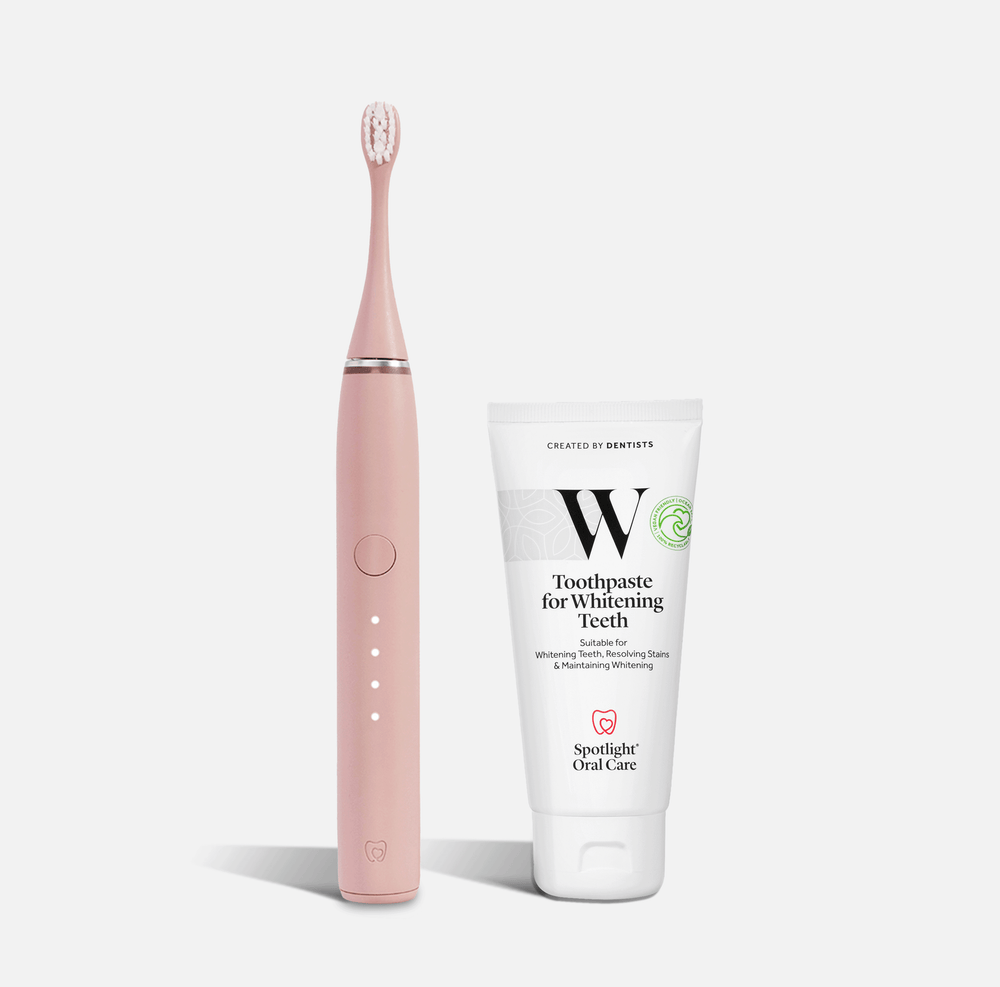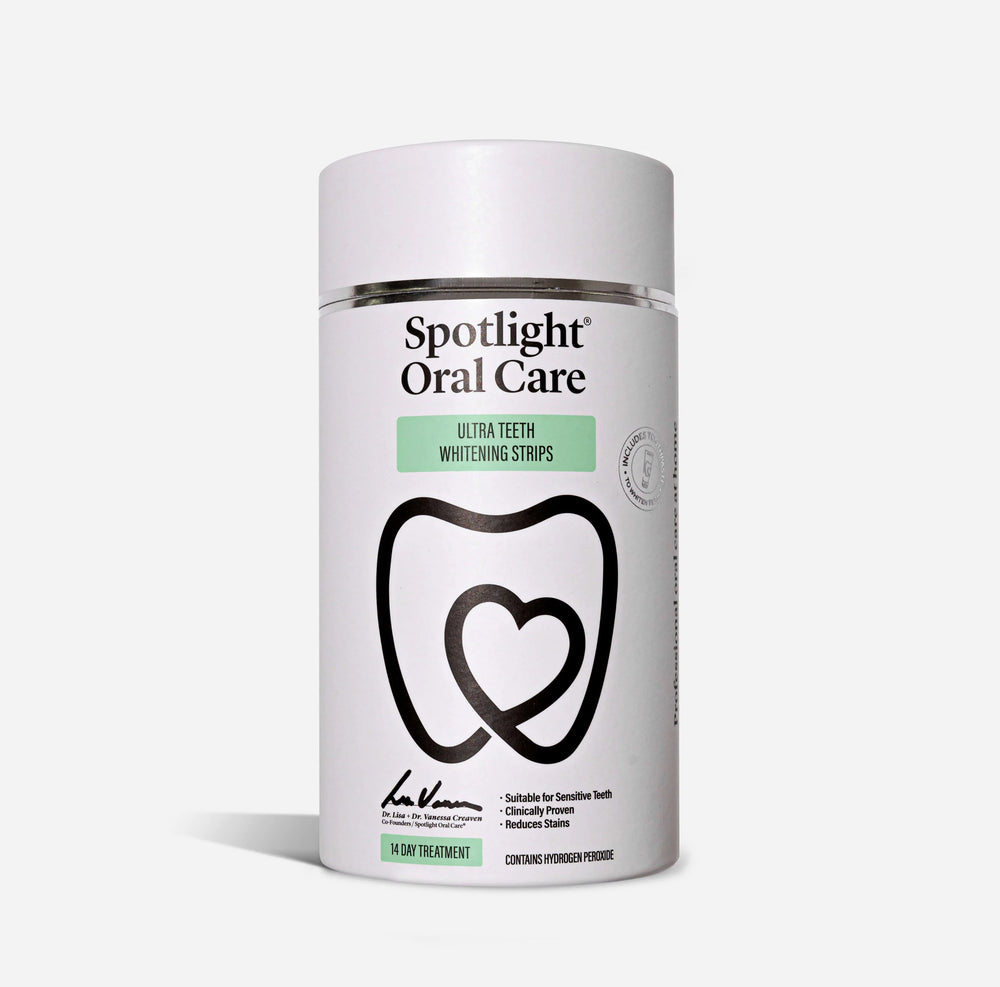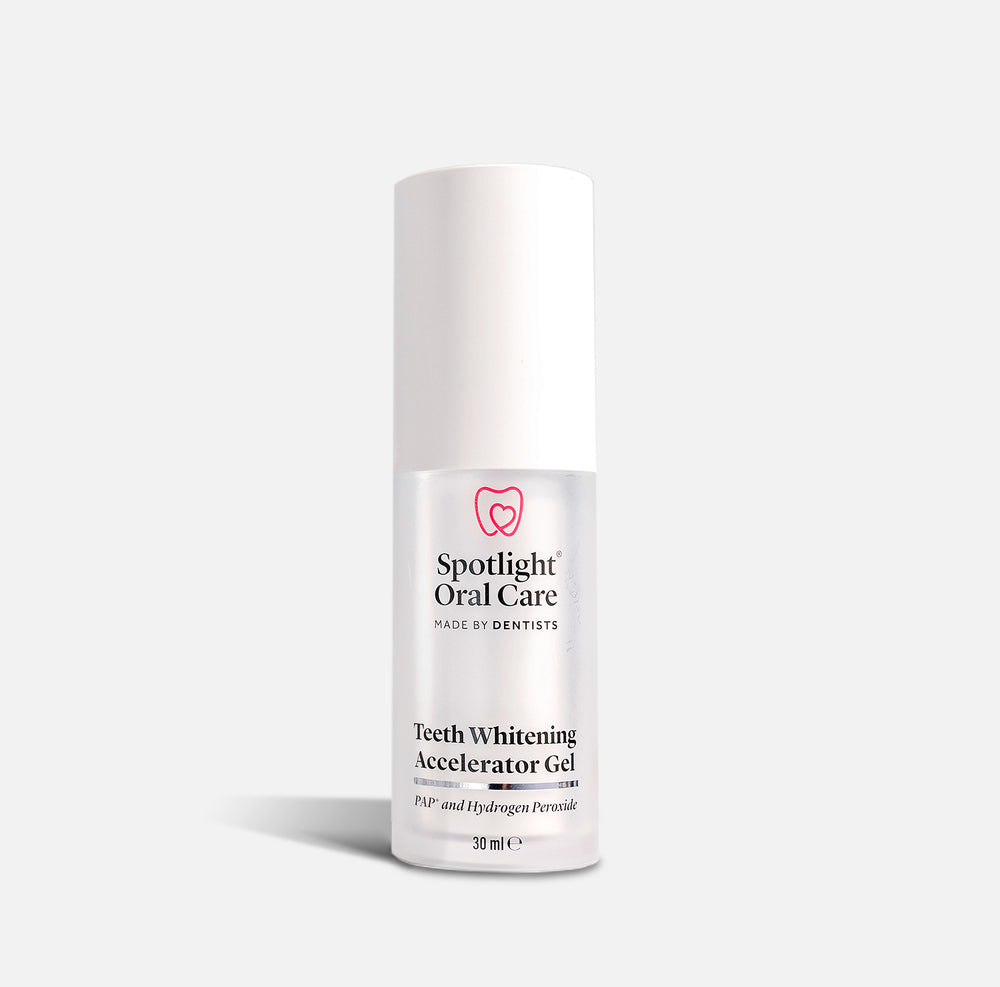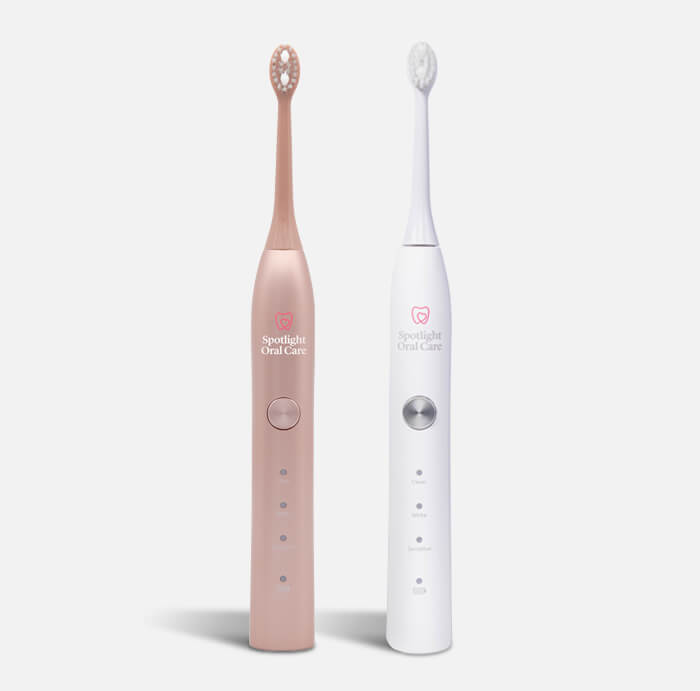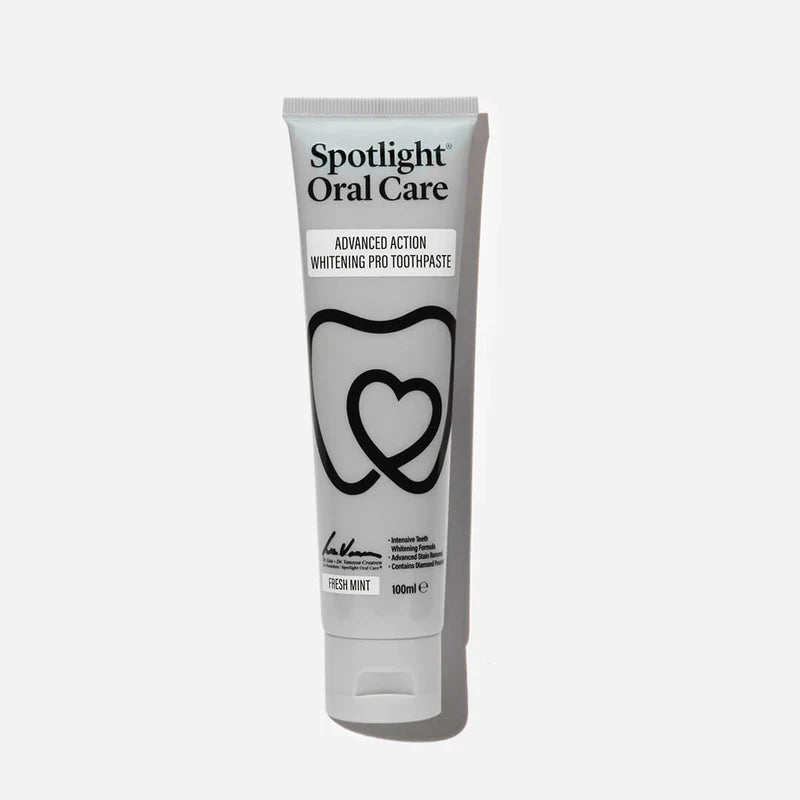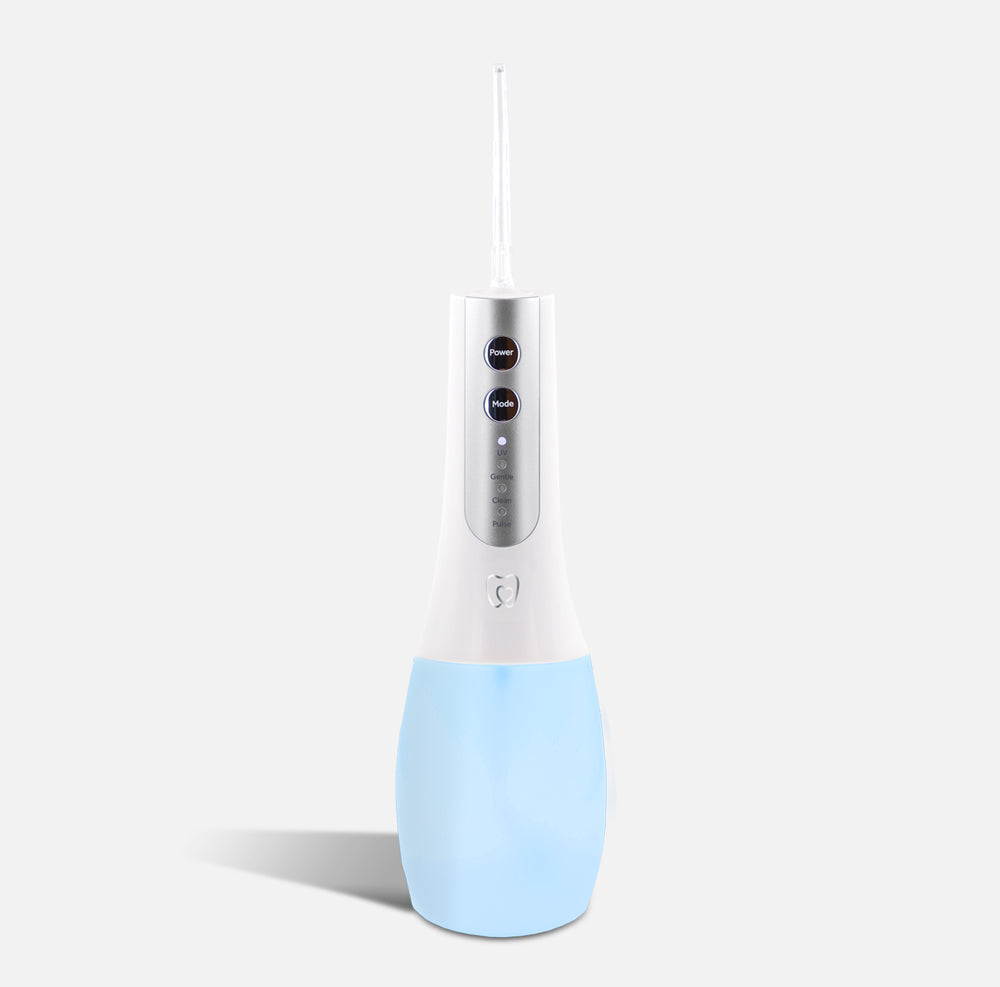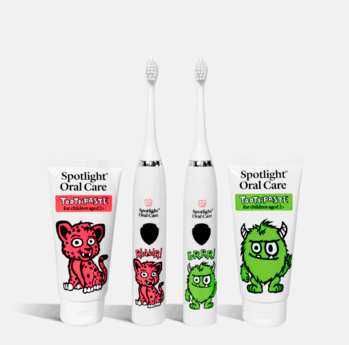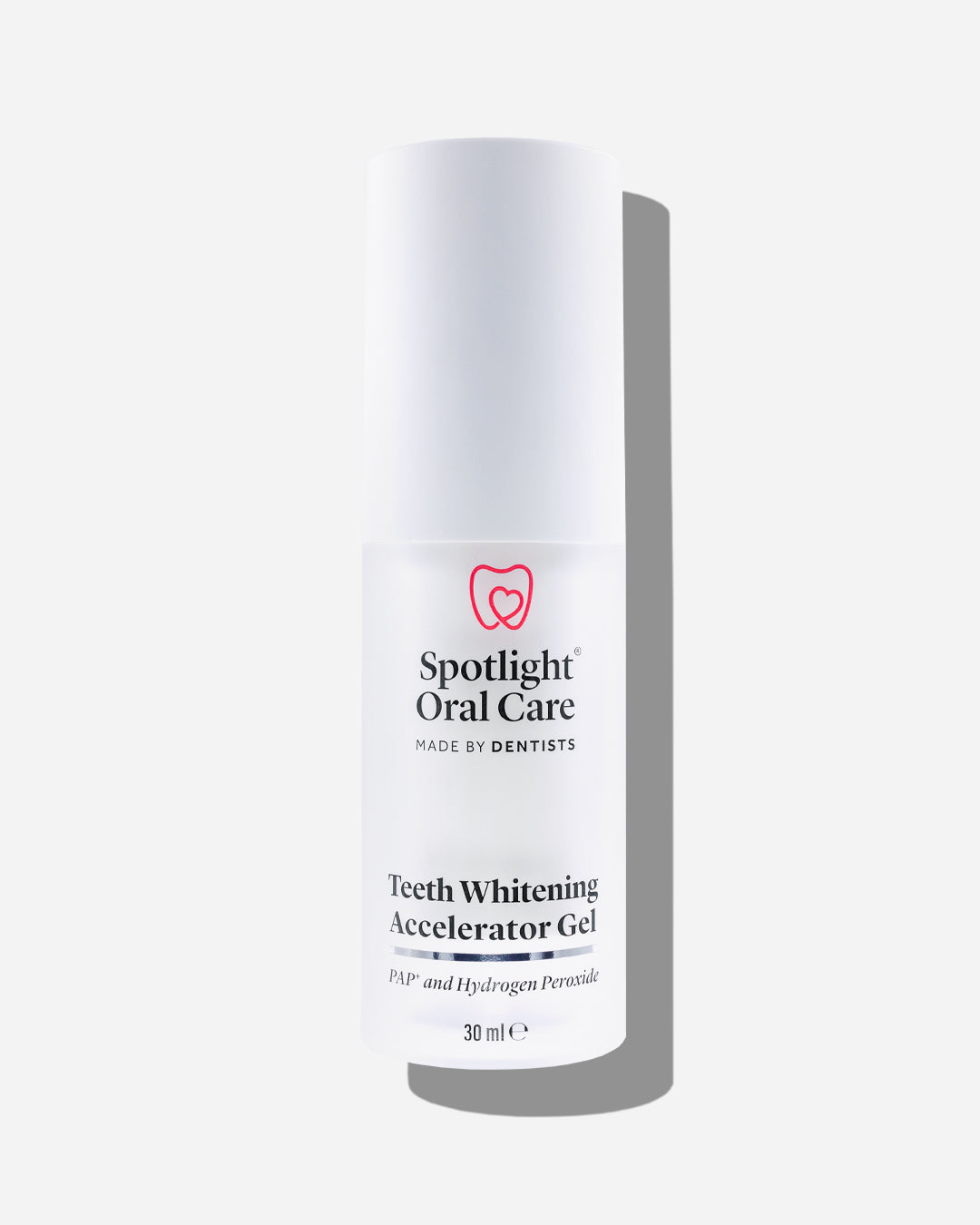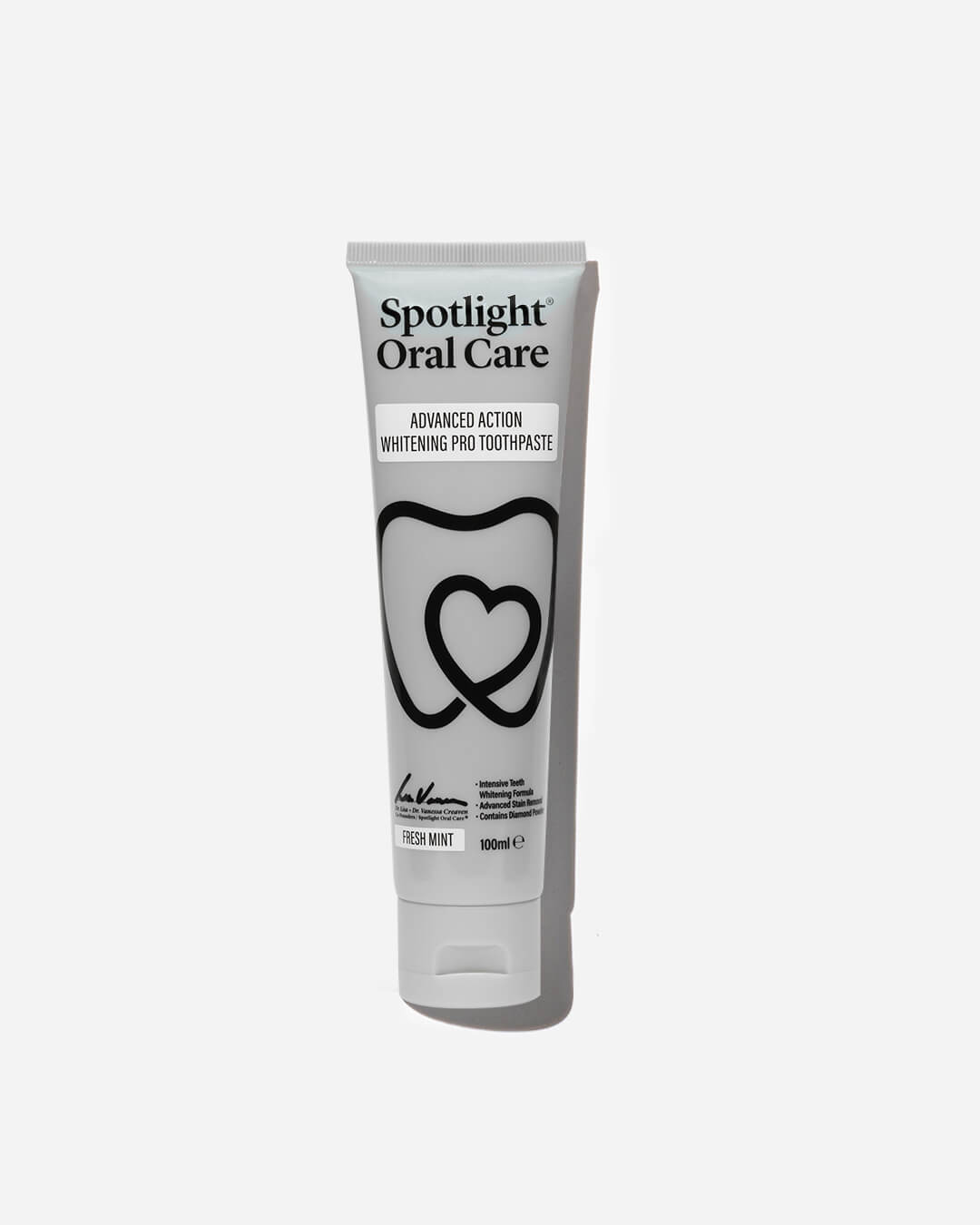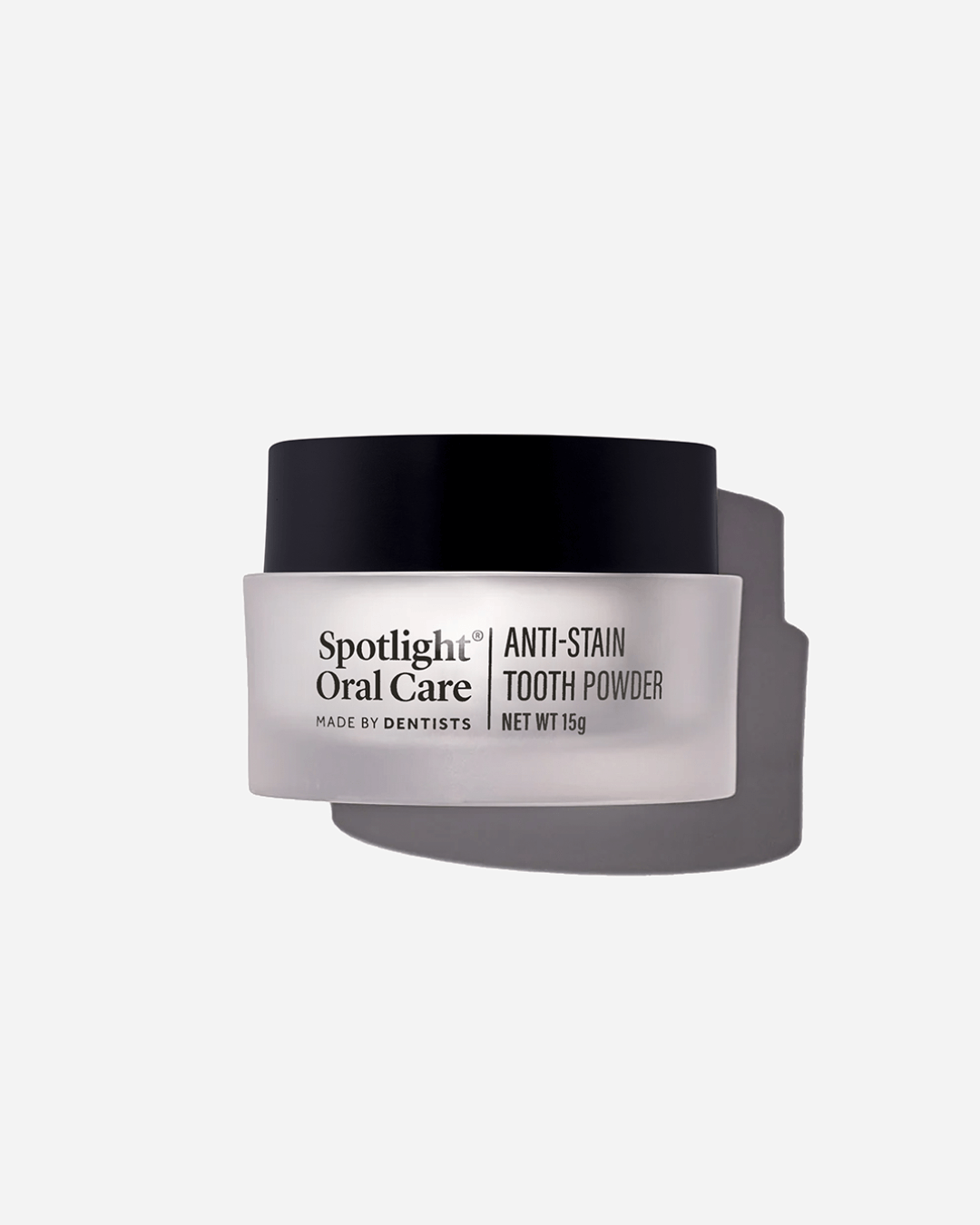Halitosis is caused by one or many different factors. The most common cause of halitosis is poor oral hygiene. A lack of brushing or flossing can lead to bacteria that form on the teeth, gums, and in the mouth, to react with food stuck between the teeth and around the gum line. This causes the release of a gas, and that gas causes breath to smell unpleasant. If bad breath persists, it can be a sign of gum disease or tooth decay.
Smoking is another cause of halitosis. Nicotine dries out your mouth and is one of the leading causes of gum disease, both of which can cause halitosis. Finally, strongly flavoured foods like garlic, onion, and even alcohol can cause your breath to smell unpleasant. More prolonged or severe halitosis can be caused by tooth decay or gum disease. The good news is that this bad breath is temporary and can easily be alleviated, or you can simply avoid these foods to minimise bad breath.
Treatment For Halitosis
Good Oral Hygiene
With the right oral care routine, halitosis can be treated and alleviated at home. Brushing teeth and gums twice daily for 2 minutes each time is essential and will ensure that odour-causing bacteria are eliminated daily. We recommend using a bamboo toothbrush or Sonic Toothbrush.
Our Bad Breath Kit includes toothpaste for gum health, foaming mouthwash for bad breath and bad breath spray - everything you need to combat bad breath.
Flossing teeth daily is also essential for halitosis treatment. A Water Flosser is a great alternative to manual flossing if flossing is something you find difficult to do. Finally, using mouthwash after meals will help to combat the bacteria that cause halitosis. When gums and teeth are clean and healthy, bad breath can be combated and alleviated. We also recommended that you visit a dentist every 6 months to maintain good oral health.
Active Ingredients & Targeted Solutions
When treating halitosis, always use oral care solutions that contain active ingredients that will work to protect tooth and gum health and will prevent and target halitosis-causing bacteria and plaque. Clinically proven, clean formulations that use targeted active ingredients like Chlorhexidine and Fluoride will target the bacteria that cause halitosis effectively. The more prescriptive your oral care solutions are, the better results you will see in your oral health.
Avoid Smoking
Though halitosis can be managed by maintaining a good oral care routine, only giving up smoking will get rid of oral malodour permanently. Nicotine dries out your mouth and is one of the leading causes of gum disease, both of which can cause halitosis, so only quitting smoking will get rid of smokers’ bad breath permanently.
Avoid Certain Foods & Drinks
When treating halitosis caused by foods like onions, garlic, and fish and drinks like alcohol and caffeine, make sure you stay hydrated and use an alcohol-free, active ingredient mouthwash after meals.
Seek Professional Advice and Treatment
If you are maintaining oral health with a good daily oral care routine, and follow the steps above but still experience halitosis, you should seek advice and treatment from your dentist. In some cases, long-term or severe halitosis can be a sign of gum disease or tooth decay, both of which require professional treatment. Only through professional treatment for these oral care issues can you get rid of bad breath permanently.


